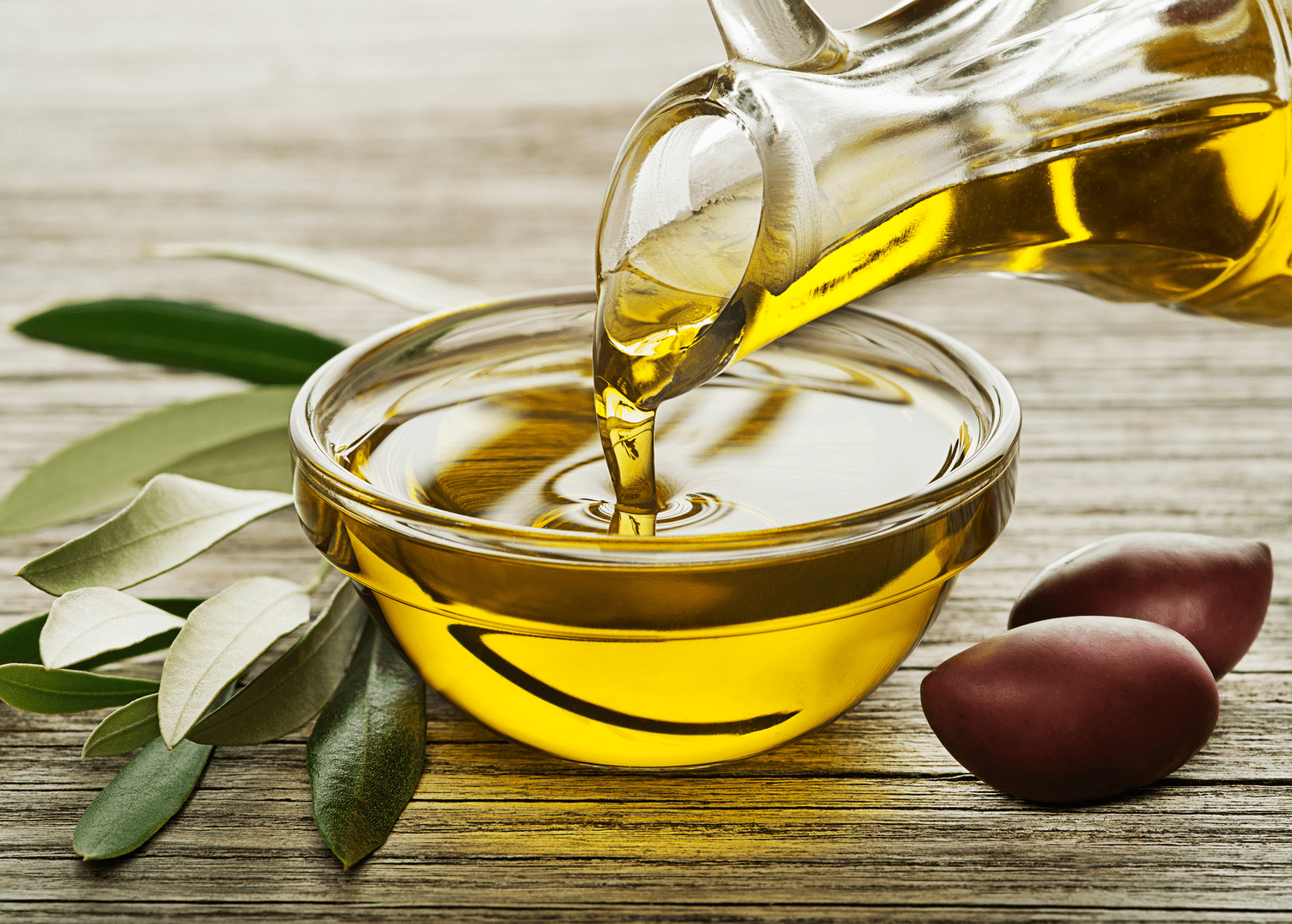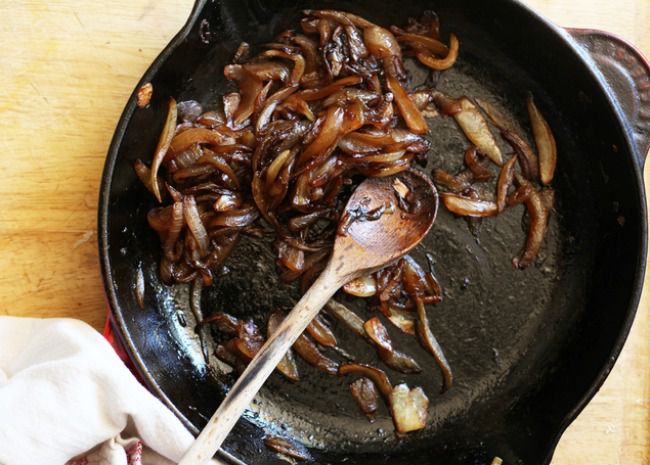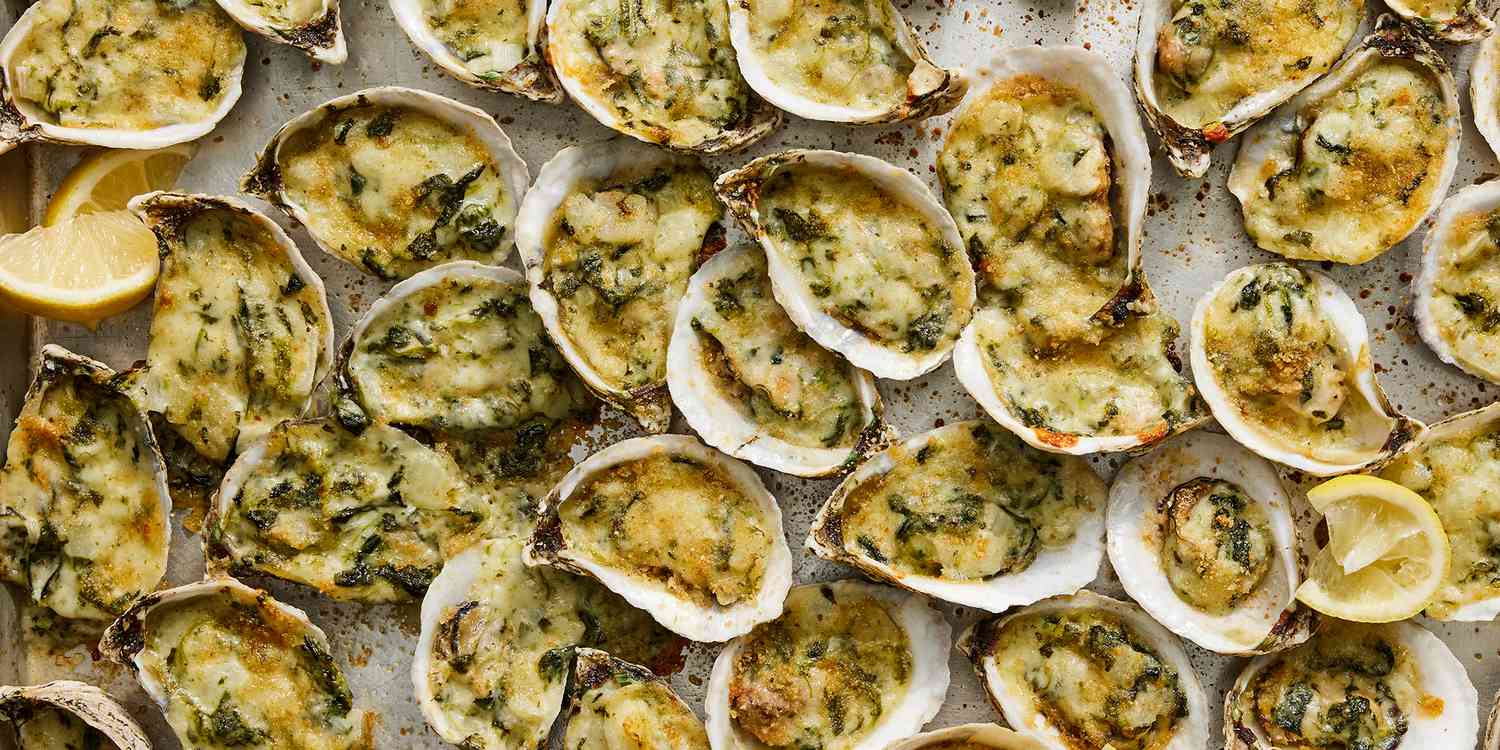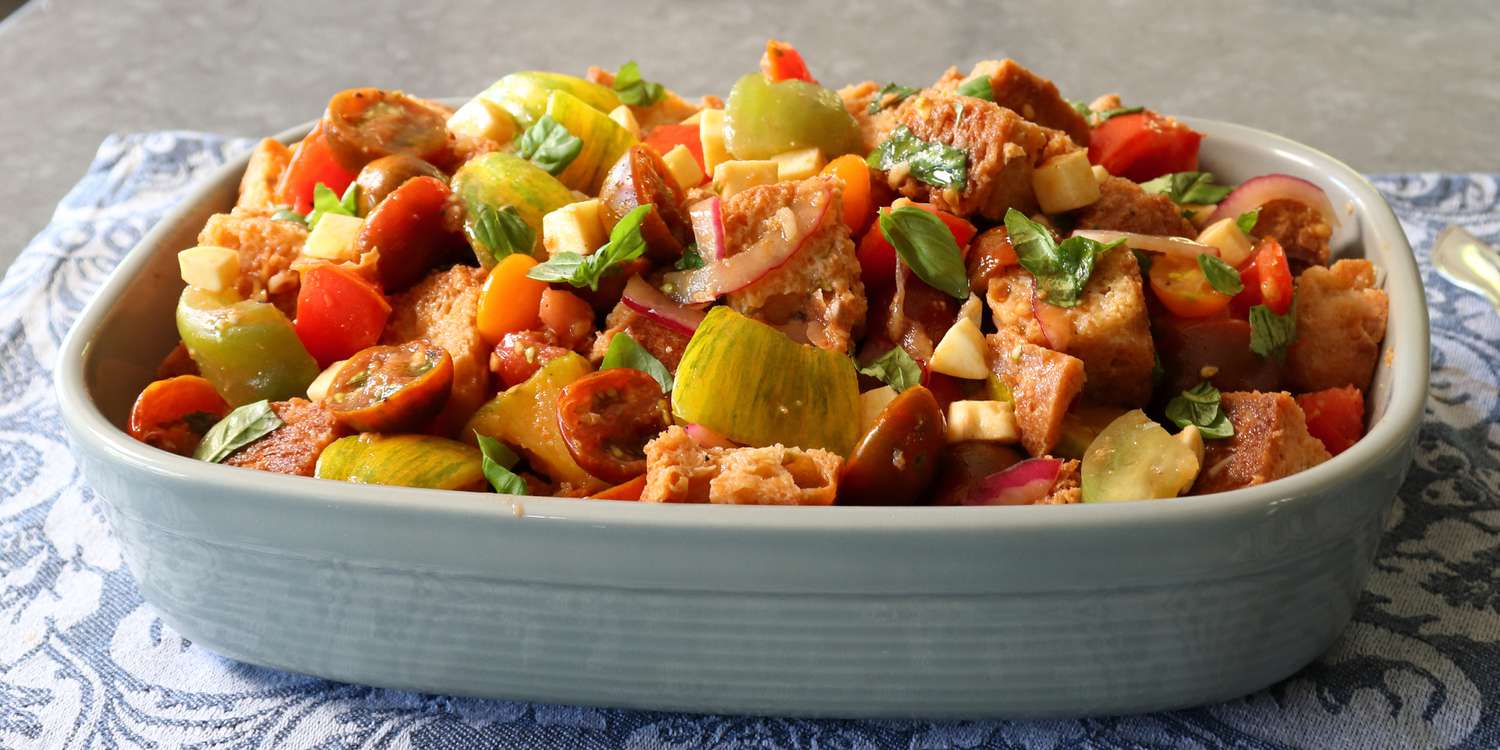Good quality olive oil has a peppery bite, a mildly bitter aftertaste and can make salad sing when married to balsamic vinegar. The unique taste of olive oil is due to the presence of polyphenols.
What are polyphenols?
Polyphenols are naturally occurring compounds found in plant-based foods, including tea, cocoa, vegetables, fruits, and olive oil. Some polyphenols work as antioxidants, which means they neutralize harmful free radicals that potentially damage the body’s cells, leading to conditions like heart disease, cancer, and cognitive decline.
Polyphenols are one of many reasons why eating more plant-based foods is important for your overall health. Studies show that polyphenols help fight inflammation, and may help lower the risk of several diseases— including heart disease, some types of cancer, and neurodegenerative diseases such as Alzheimer’s.
What is high-polyphenol olive oil?
Olive oil contains at least 30 different phenolic compounds, including oleacein, tyrosol and hydroxytyrosol. By definition, high phenolic olive oil contains at least 250 mg polyphenols per kilogram of oil. So, not all olive oils are high in polyphenols — it depends how the oils are processed and stored.
In the European Union (EU), bottles of high-polyphenol olive oil can bear the health claim “olive oil polyphenols contribute to the protection of blood lipids from oxidative stress” as long as it contains at least 5 mg of hydroxytyrosol and its derivatives per 20 g of olive oil. There is no similar health claim in the US or Canada, but of course the health benefits would be the same.
High-polyphenol olive oil health benefits
One well-known benefit of olive oil is its high proportion of monounsaturated fat, which has been linked to a reduced risk of heart disease and stroke. Olive oil is about 98 percent fat, but that remaining two percent is made up of polyphenols and other minor constituents that lend to olive oil’s health benefits.
Many studies have looked at the health benefits of good-quality, high-polyphenol olive oil in conjunction with the Mediterranean diet. That’s an eating plan that includes lots of vegetables and fruit, cuts back on meat and sweets, and relies on olive oil as the main source of dietary fat. Studies show that regularly using extra virgin olive oil as part of the Mediterranean diet is associated with a reduced risk of developing several diseases— including heart disease, type 2 diabetes, and some types of cancer.
Heart health
Clinical studies have linked the Mediterranean diet and high-polyphenol olive oil with protecting heart health, partially by reducing blood pressure, blood sugar and high cholesterol levels. Studies show that most of these effects are due to both the polyphenols and monounsaturated fats in the diet. Per the EU health claim, it’s recommended that people enjoy 20 g (4 teaspoons) of high-polyphenol olive oil daily for the beneficial effects on heart health.
Cognitive decline and Alzheimer’s disease
Polyphenols are believed to slow down the development of neurodegenerative diseases such as Alzheimer’s. What’s the connection? Scientists believe it’s related to the antioxidant properties of the polyphenols, which can neutralize potential damage to cells. A recently published study followed people with a genetic risk of Alzheimer’s over one year, and assigned them to different diets. Researchers found that people assigned to the high-polyphenol olive oil diet vs. regular diet had more improvement in cognitive function.
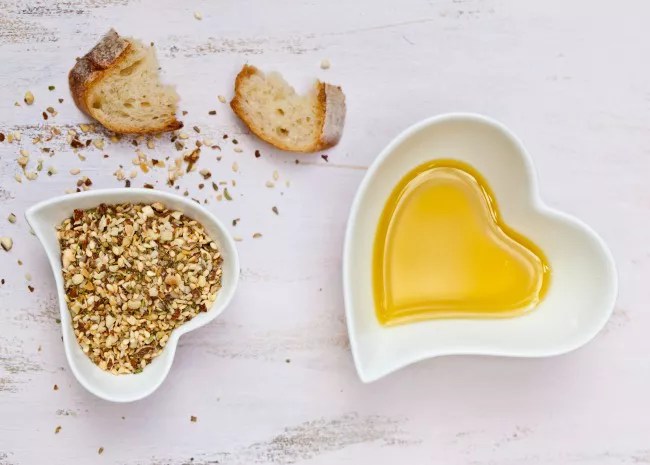
How can you tell if olive oil is high in polyphenols?
A recent review of 26 studies comparing the beneficial effects of low- vs. high-polyphenol olive oil found that the high-polyphenol oil was superior for protecting heart health, blood pressure and inflammation. But here’s the thing — not all olive oils are high in polyphenols. Some bottles will we labeled with phenolic content, but that’s a rare find outside of the EU or specialty olive oil shops. If the bottle is labelled, look for one with a phenolic content of 250 mg/kg or more.
How to buy high-polyphenol olive oil
Like fine wine, high-polyphenol olive oil is expensive — starting at about $30 per 500 mL bottle. So, that $8 bottle of grocery store olive oil is not going to be high in polyphenols. Some reputable brands of high-polyphenol olive oil include Hypereleon, Atsas and Drop of Life. And check out Aristoleo, a marketplace for high-polyphenol olive oils.
If you cannot find olive oil that’s labelled with phenolic content, here are some tips for sourcing high-polyphenol olive oil from reputable dealers:
- Buy extra virgin olive oil, rather than light, pomace, or refined olive oil. Virgin oils are richer in polyphenols than refined olive oils, but virgin alone isn’t a guarantee of high levels of polyphenols.
- Look for oils that are cold pressed since heat destroys polyphenols.
- Check which type of olives were used to make the oil. Many producers list olive varietals on the bottle, the same way wine bottles tell you which grapes were used. Olives with the most polyphenols include Coratina, Conicabra, Koroneiki, Moraiolo and Picual.
- Search for the olive oil company’s certification of phenolic content. The brand Agourolado, for example, clearly states its phenolic content and will send a full lab report upon request.
- Check for an expiration date to ensure the olive oil is fresh. There are more polyphenols in fresher oils. In general, olive oil is freshest in the first 9 months after pressing, but it does last up to 18 months in cool conditions. If the bottle does not have a pressing date or an expiry date, skip it.
- Choose olive oil stored in a dark-colored container rather than a transparent bottle. Dark glass protects the polyphenols against damage from light and oxygen.
How to store high-polyphenol olive oil
Once home, keep the olive oil bottle away from heat and light. Store it away from the stove top, preferably in a cool, dark spot — and yes, you can keep olive oil in the fridge. Once the bottle of olive oil is opened, consume it within a few months.
Can you cook with high-polyphenol olive oil?
Yes, you can cook with olive oil at medium stove-top heat without destroying the polyphenols.
More inspiration
Our collection of recipes featuring olive oil gives you lots of creative ways to incorporate high-polyphenol olive oil into your diet. You can also browse our top-rated Mediterranean diet recipes for lots of healthy olive oil-rich meal ideas.

